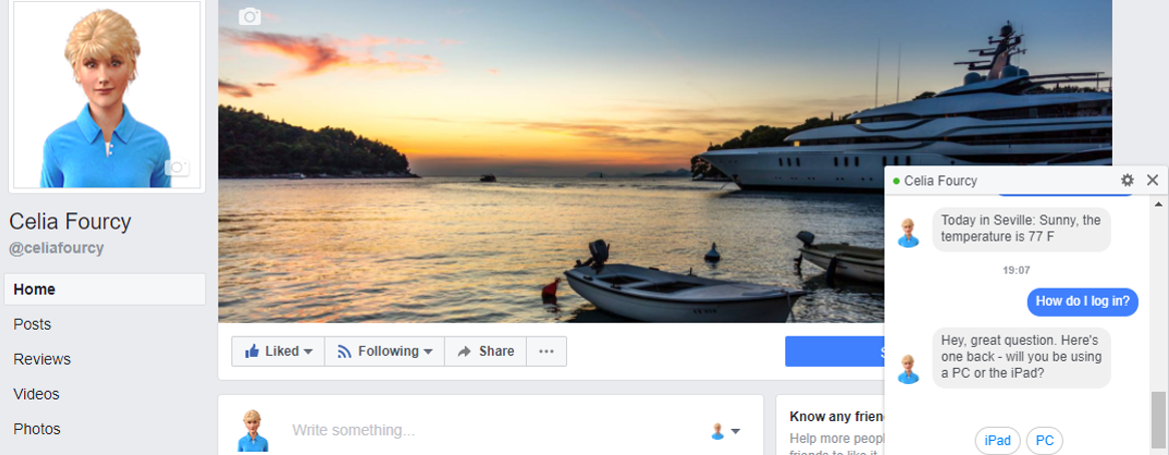

Our consultant was engaged by a global organisation for the implementation of a new customer support system, accessible to 3,000 users in 109 destinations worldwide.
Following the successful launch, he noticed key gaps in training and quality, and set up a number of activities, working with destination teams, to address these. Part of his added value to the programme was the redesign of a comprehensive suite of elearning that covered all the key areas of system knowledge needed by resort staff. This, combined with his regular quality surgeries with destination management, helped to lower error rates, initially running at around 70% but reducing significantly following these surgeries.
However, 'in the moment' support was another key gap. In-house options were limited, and with the user base stretched to the limit, a better solution was necessary. Our consultant examined emerging and existing technology options, and settled on one that came at no cost at all, while engaging immediately with the resort staff demographic.
Peter Venn was key to the success of the programme because of his experience and skill in four key areas:
He created an AI (artificial intelligence) chat bot, scripted with all of the most frequently asked questions, and deployed this through a link from the Knowledge Base to Facebook Messenger. Using natural language, system users could 'chat' to the bot, and in doing so, have their question triaged effectively and walked, step by step, through even the most complex process.
The rationale for using Facebook Messenger as the proof of concept was simple: billions of people use Facebook Messenger and other chat and messaging services to communicate with their friends, families and social circle every day. Given that the chat bot could easily be built in Facebook Messenger, and it is where the user base demographic spend much of their time, it made sense to be present where the users are. The bot was initially programmed with answers to the top 20 questions and advertised to selected staff in a number of locations. He felt that giving the bot a name and personality would help engagement with users, and this is what he did.
The feedback was astonishing, including:
Given the feedback, the bot was further developed and now it covers all of the frequent questions that staff need answered about the access to and functionality of the system, and some of the 'business rules' that differ between different country markets.
Staff like it because it provides instant answers, and in a conversational way. They feel comfortable using it and unembarrassed at asking questions they may be reluctant to ask their line manager.
From a management perspective, it's easy to see where the bot occasionally fails - for example, if a FAQ is asked in a new or unusual way, or if a 'new' question is asked that hasn't been scripted. Monitoring the chat feed for a few minutes a day means that these failures can be picked up and addressed quickly, and in addition, the people asking those questions can get a 'personal' response from the moderator 'in character' of the bot.
Chat technology isn't new, however, organisations have not been quick to engage with the possibility of this simple technology in the learning, development and support context. The possibilities of using this technology are extensive - transferrable easily from an internal support mechanism to an external customer triage tool - and this project has shown an immediate and dramatic reduction in support requests to the destination management - giving them more time to do their normal jobs - while helping give confidence to the end users of the system that they have their own personal 'virtual assistant' at their service, 24 hours a day.
Update
"Charlie", my replacement to the Celia chat bot, is now live on it's own domain here, whihc works on a "prompt to user" model, which I've found to be better where the user base may have English only as a second language
In addition, I've been experimenting with the user of chat as part of a blended learning solution, and a working model can be found here.
More recent projects led by, or with significant contribution from Peter Venn, our senior consultant.



